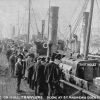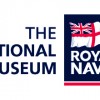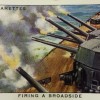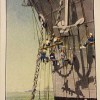Though historians have begun to reassess the extent of anti-German feeling in Britain in the years preceding the outbreak of the First World War, it is nevertheless interesting to take note of an incident where a Russian naval blunder became the site of Anglo-German antagonism.[1] Taking place in the thick of the Russo-Japanese War, the […]






